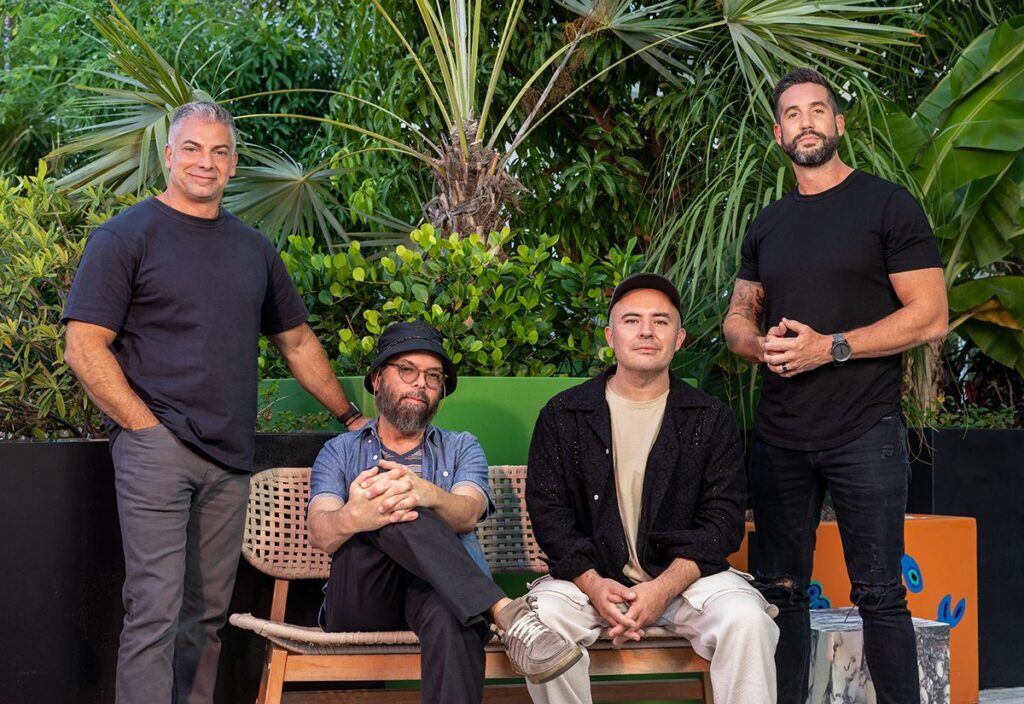Ask Jeeves announced yesterday that it will begin selling paid ads linked to keywords on its search engine, in the same way that Google and Yahoo! now do.
The new Ask Jeeves Sponsored Listing program constitutes a move to garner some of the search advertising revenue that those larger search companies have earned. As a part of the Google Network, Ask Jeeves has served up search results ads sold by Google since 2002. Google in fact provided about 70% of Ask Jeeves’ revenue in 2004.
The new service will replace up to three Google ads in the top search slots with ads sold directly by Ask Jeeves. But Google ads may co-exist on Jeeves’ results pages for a while yet: Ask says it will continue its partnership with Google, at least until the termination of the current contract in 2007.
The move comes less than two weeks after Ask Jeeves was completely acquired by IAC/ InterActive Corp., a holding company for a number of popular branded content Web sites including HSN.com, Ticketmaster and local data provider CitySearch. Back in March, IAC CEO Barry Diller said his company was buying Ask Jeeves to get a piece of the online ad budget, which he forecast will grow at twice the rate of offline ad spending in the coming five years.
Ask Jeeves ads will be sold in a form of automated auction that decides which pay-per-click ad to place on a page partly by the highest bidder for a key term and partly by the number of clicks that ad has gotten in the past — and therefore how profitable it has been. That’s similar to the system now applied by Google; Yahoo! places paid search ads on the basis of bid price alone.
“The automated Ask Jeeves Sponsored Listings product delivers on our commitment to provide advertisers with the right information and tools,” said James Speer, vice president of marketing and products for IAC’s advertising solutions division. “Ask Jeeves’ customers wanted greater control over their advertising campaigns, and our new product empowers advertisers.”
“I think this will be good for advertisers in the long run,” said Bryan Weiner, president of search engine marketing firm 360i. “By unbundling from Google, it’s going to give advertisers better visibility into how the Ask Jeeves property performs.” Until now, marketers have not been able to evaluate how well their Google-bought ads were delivering on Ask Jeeves and its associated properties. “Now they’ll be able to identify which ads are doing better than average on Jeeves, and which are underperforming.”
Success for Ask Jeeves’ paid ad program will depend partly on the volume of searchers using the network and partly on the pages that ads sold by Jeeves might appear on. A June Nielsen/ NetRatings report on search share showed that Ask Jeeves had 2% of all searches in May 2005. That would make Jeeves fifth in market share among organic search engines, far behind Google and Yahoo! — with 48% and 21% of May searches respectively — substantially behind MSN with 12% and AOL (4.5%) for use that month. In fact, according to the Nielsen stats, Ask Jeeves’ usage for that month even lagged slightly behind one of its own properties, a search aggregator called My Way.com, which booked more than 2% of searches in May.
As for the Web properties that might display Ask Jeeves sponsored listings, some search observers discount their impact. “The majority of the best sites that could be part of a search engine’s network are taken,” said Lisa Wehr, president of Oneupweb. “CNN, Forbes and the rest already have deals inked with Google, Yahoo!, and on down the line. Ask Jeeves is sweeping up the leftovers.”
One other question is whether advertisers will take a shine to the new Ask Jeeves paid ads or stick with Google and Yahoo!, reaching about 80% of the addressable market and simplifying their search campaigns in the process.
“The Google partnership gave [Ask Jeeves] access to a much larger universe of advertisers which they will now have to fight to lure,” said Fredrick Marckini, CEO of the iProspect search marketing firm. He speculated that large marketers and big agencies might be willing to experiment with an Ask Jeeves paid ad product; but small advertisers and agencies might feel to uncertain to buy on a network that has so much less traffic than the leading players.
 Network
Network

